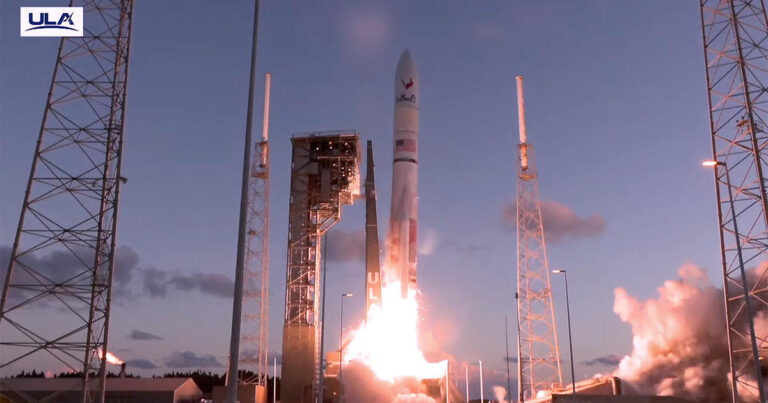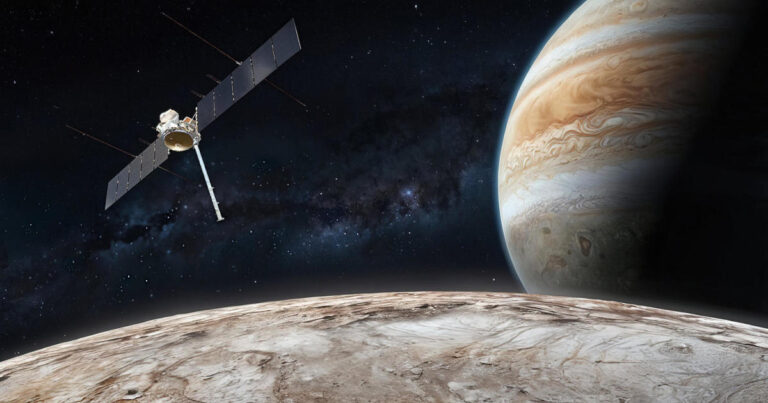
The U.S. Space Force is tracking debris in space after a satellite manufactured by Boeing exploded earlier this week, the satellite’s operator said.
The Intelsat 33e satellite, which was launched in 2016 and provides communications across Europe, Asia and Africa, experienced “an anomaly” on Saturday, Intelsat said in a news release. Attempts were made to work with Boeing and repair the satellite, but on Monday, the U.S. Space Force confirmed that the satellite had exploded.
The satellite’s breakup left some customers without power or communications services. Intelsat said it is working with third-party providers to limit service interruptions, and is in communication with customers.
Since the breakup, the U.S. Space Force is now tracking “around 20 associated pieces” of the satellite in space. The agency said that there are “no immediate threats” and routine assessments to ensure safety are ongoing.
Russia’s space agency, Roscosmos, said it had recorded “more than 80 fragments” of the destroyed satellite. Analysis of the pieces’ trajectory determined that the destruction of the satellite was “instantaneous and high-energy,” Roscosmos said.
Photo: Business Wire / AP
The incident comes as Boeing remains under scrutiny for its manufacturing processes. Multiple issues on flights conducted by Boeing planes made headlines earlier this year. The manufacturer has also faced whistleblower complaints and federal investigations. Two astronauts have been stranded on the International Space Station for months after an issue on the company’s Starliner left the craft unable to transport people. Those astronauts are slated to come home in early 2025.
Boeing reported a third-quarter loss of more than $6 billion on Wednesday morning. Earlier in October, newly-installed CEO Kelly Ortberg said about 10% of the company’s workforce would be cut. Tens of thousands of manufacturing employees are currently on strike.
2024-10-23 13:21:11








